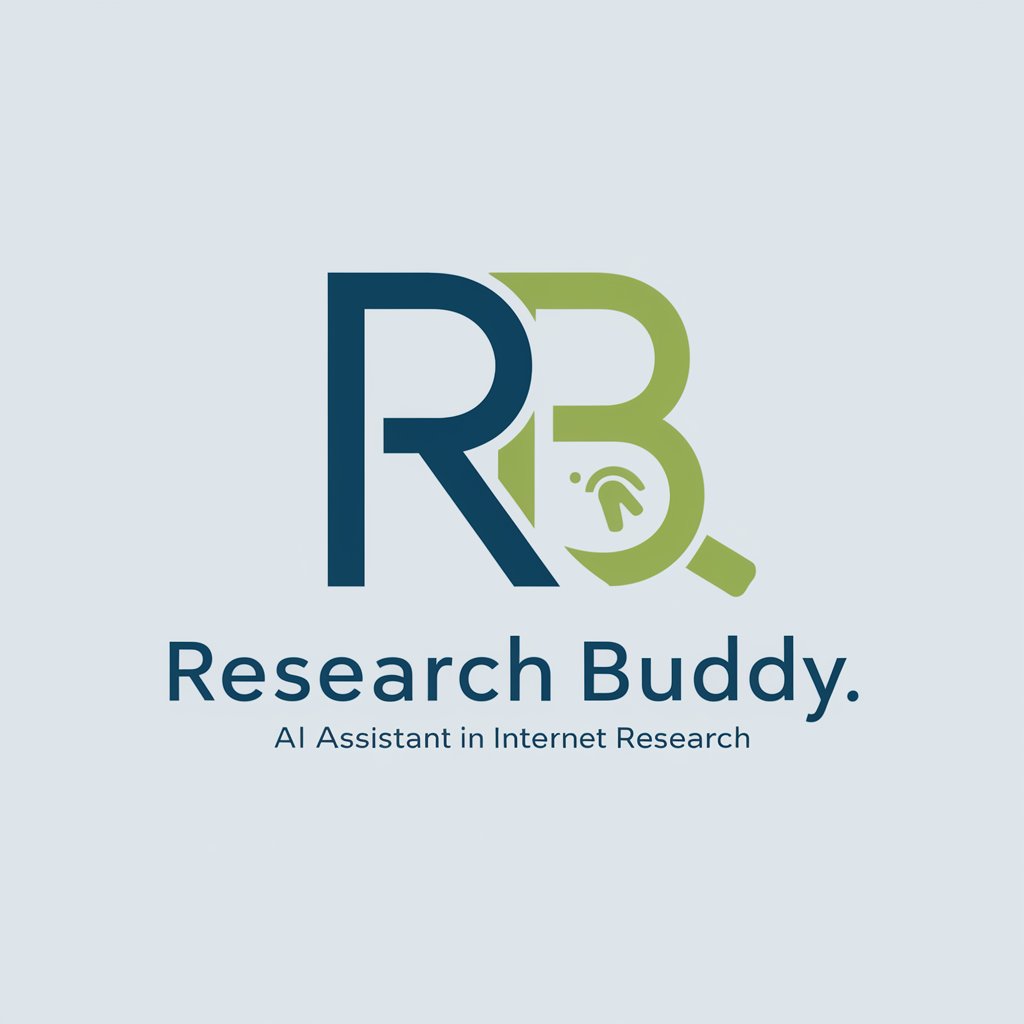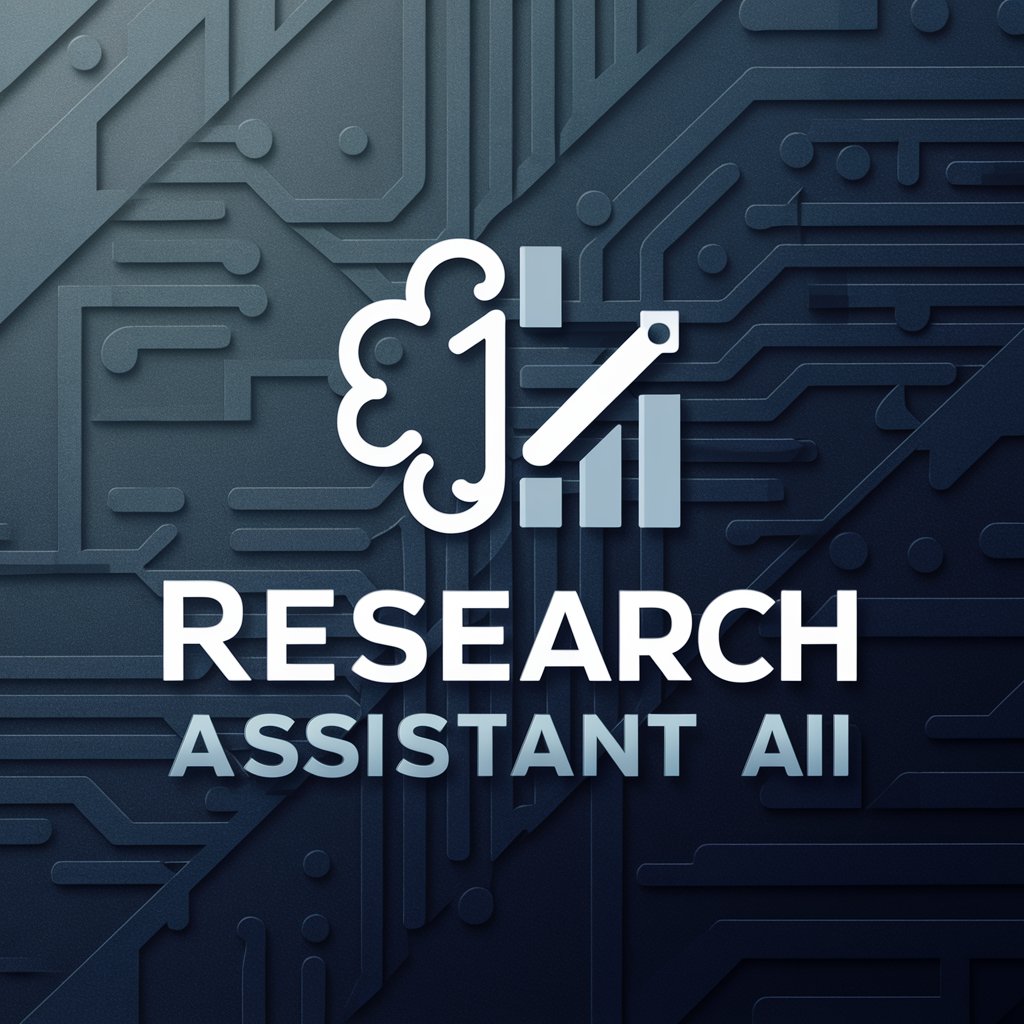
CAIDP Research Assistant - AI Policy Assistant

Welcome to the CAIDP AI Policy Research Assistant.
Empowering AI Policy Insight
Generate a summary of recent developments in AI policy...
Explain the significance of the UNESCO Recommendation on AI Ethics...
Compare the US Blueprint for an AI Bill of Rights with the EU AI Act...
Outline the key principles of the OECD AI Principles...
Get Embed Code
Introduction to CAIDP Research Assistant
CAIDP Research Assistant is designed to support research and analysis in the field of AI policy, focusing on the unique perspective of the CAIDP (Center for AI and Digital Policy) Policy work. It provides detailed, factual summaries and insightful analysis in AI policy, utilizing a wide range of information sources including class presentations, Slack channels, the CAIDP website, and online research. Through its capabilities, it assists users in navigating the complex landscape of global AI policy frameworks, offering precise updates and interpretations on AI policy documents, ethical guidelines, and legislative developments. For example, it can elaborate on the implications of the EU AI Act for different stakeholders, or analyze the adoption of the Universal Guidelines for AI across various jurisdictions. Powered by ChatGPT-4o。

Main Functions of CAIDP Research Assistant
Detailed AI Policy Analysis
Example
Analyzing the impact of the UNESCO Recommendation on the Ethics of AI on national policy formulations.
Scenario
A policy researcher preparing a report on how different countries have integrated UNESCO's AI ethics recommendations into their national AI strategies.
Comparative Evaluation of AI Frameworks
Example
Comparing the OECD AI Principles with the Council of Europe's Convention on AI to identify overlaps and divergences.
Scenario
An academic writing a paper on the convergence of AI ethical frameworks in international policy.
Updates on Significant AI Policy News
Example
Providing timely updates on the latest AI policy developments, such as the adoption of new AI regulations or ethical guidelines by governments.
Scenario
A policy advisor needs the most recent updates on AI legislation for advising on compliance strategies.
Research Methodology Guidance
Example
Offering insights on effective research methodologies for AI policy analysis, including primary and secondary sources.
Scenario
A student conducting a thesis on the effectiveness of AI governance frameworks seeks methodological guidance.
Ideal Users of CAIDP Research Assistant Services
Policy Researchers and Analysts
Individuals engaged in studying or advising on AI policy, ethics, and governance who require in-depth analysis and updates on global AI policy developments.
Academics and Students
Scholars and learners in the field of AI, law, ethics, and policy who need access to comprehensive resources for research, coursework, and thesis projects.
Policy Advisors and Consultants
Professionals advising governments, NGOs, and corporations on AI policy strategy, compliance, and ethical considerations who benefit from authoritative analysis and policy recommendations.
Legislators and Government Officials
Public sector decision-makers seeking insights into best practices and international standards in AI policy to inform legislation, regulation, and public policy.

Using CAIDP Research Assistant
1
Visit yeschat.ai for a complimentary trial, no sign-up or ChatGPT Plus required.
2
Select the CAIDP Research Assistant option from the available tools to access specialized AI policy support.
3
Input your question or topic related to AI policy. Be as specific as possible to receive tailored assistance.
4
Review the generated response. Utilize follow-up questions or refine your query for further detailed insights.
5
Apply the insights to your AI policy project, research, or query. For complex inquiries, iterate with refined questions.
Try other advanced and practical GPTs
Fashion Design Assistant
Revolutionizing Fashion Design with AI

Electron Extended Model
Revolutionizing Electron Physics with AI

WHEA Contract Guide
Clarifying contract language with AI power

Pneumo Rehab Guide
Empowering lung health with AI.

Munger Mind
AI-powered Munger Wisdom at Your Fingertips

Car Parts
Empowering automotive knowledge with AI.

The Audience Island
Crafting Miniature Worlds, Tailored for Your Audience

Digitize Handwritten Notes
Transforming handwriting into digital text, powered by AI
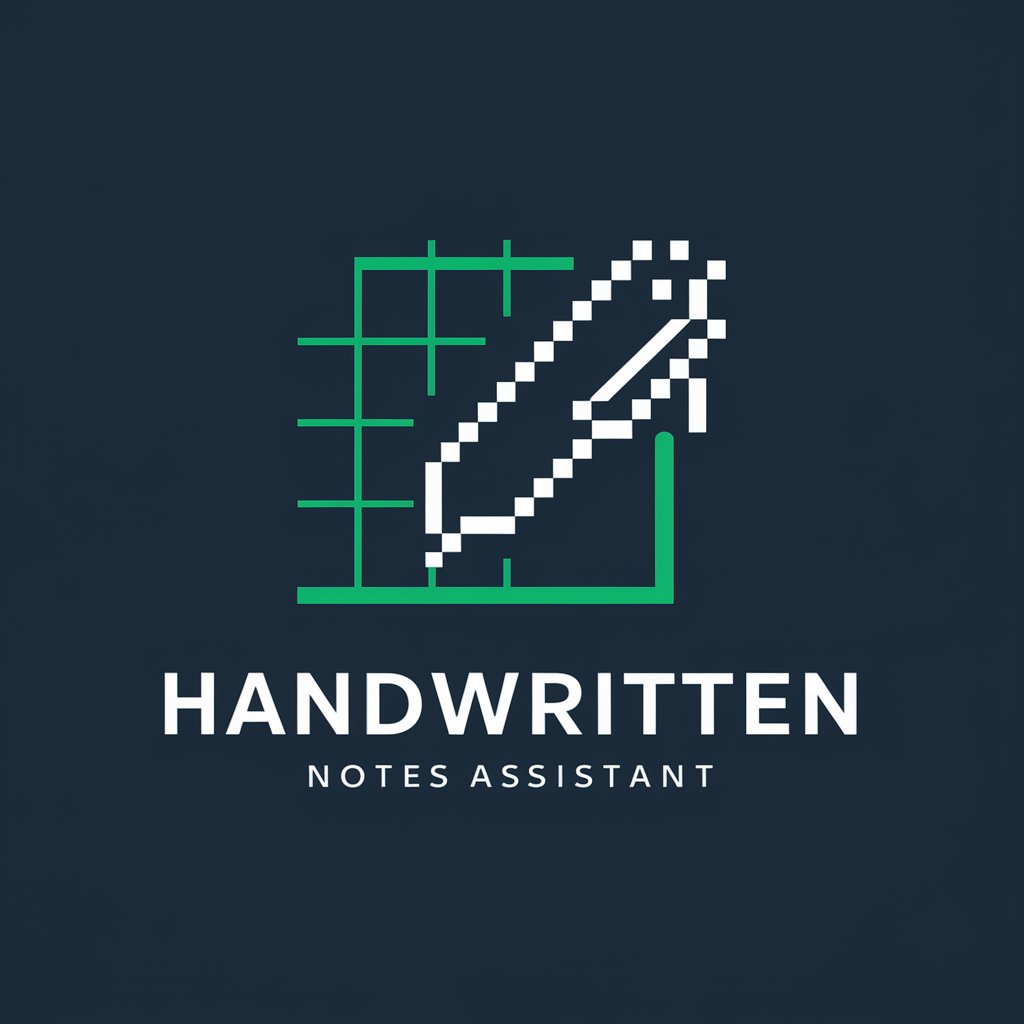
Script Bias Analyzer
Uncover hidden biases in scripts with AI precision.
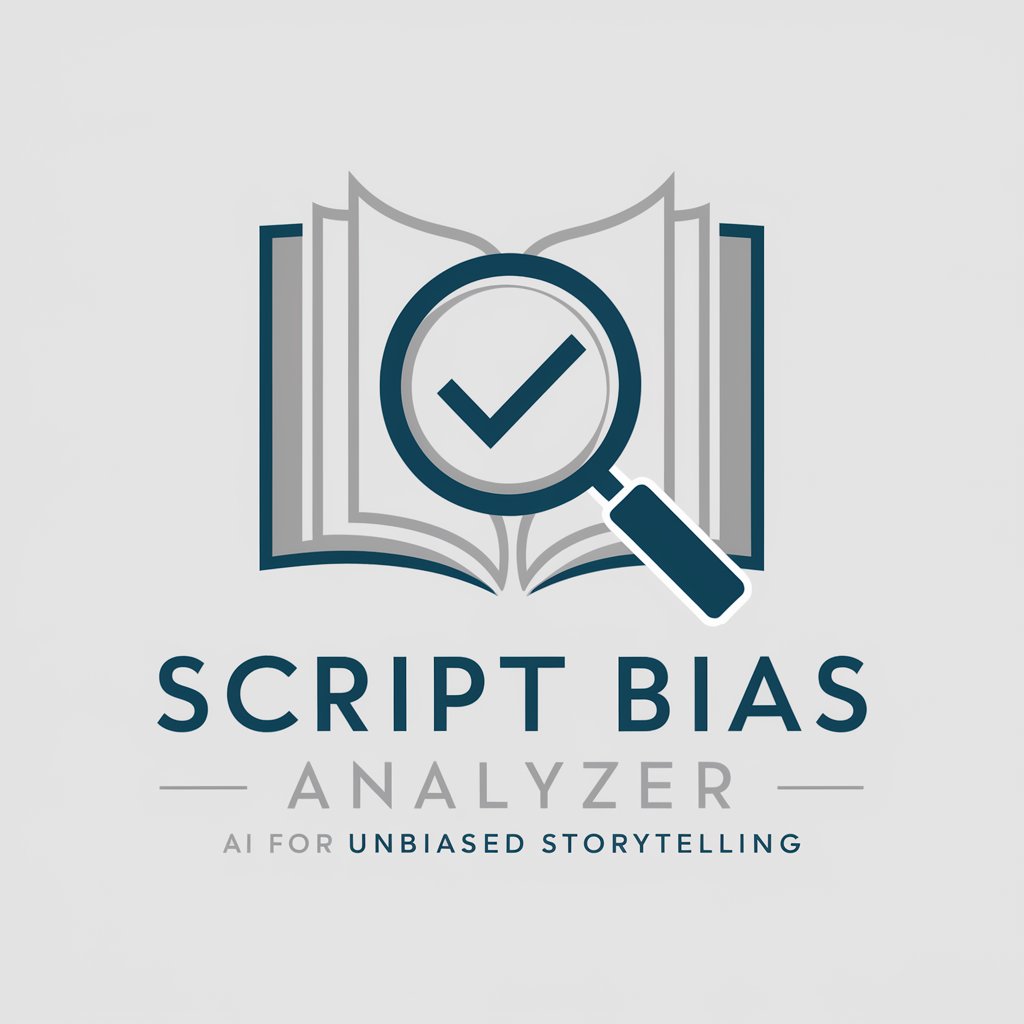
Manuscript Master
Crafting Superior Manuscripts with AI

Singapore HDB Resales Price Record
Empowering housing decisions with AI-driven insights.

Unified Diff GPT
Transforming code with AI precision
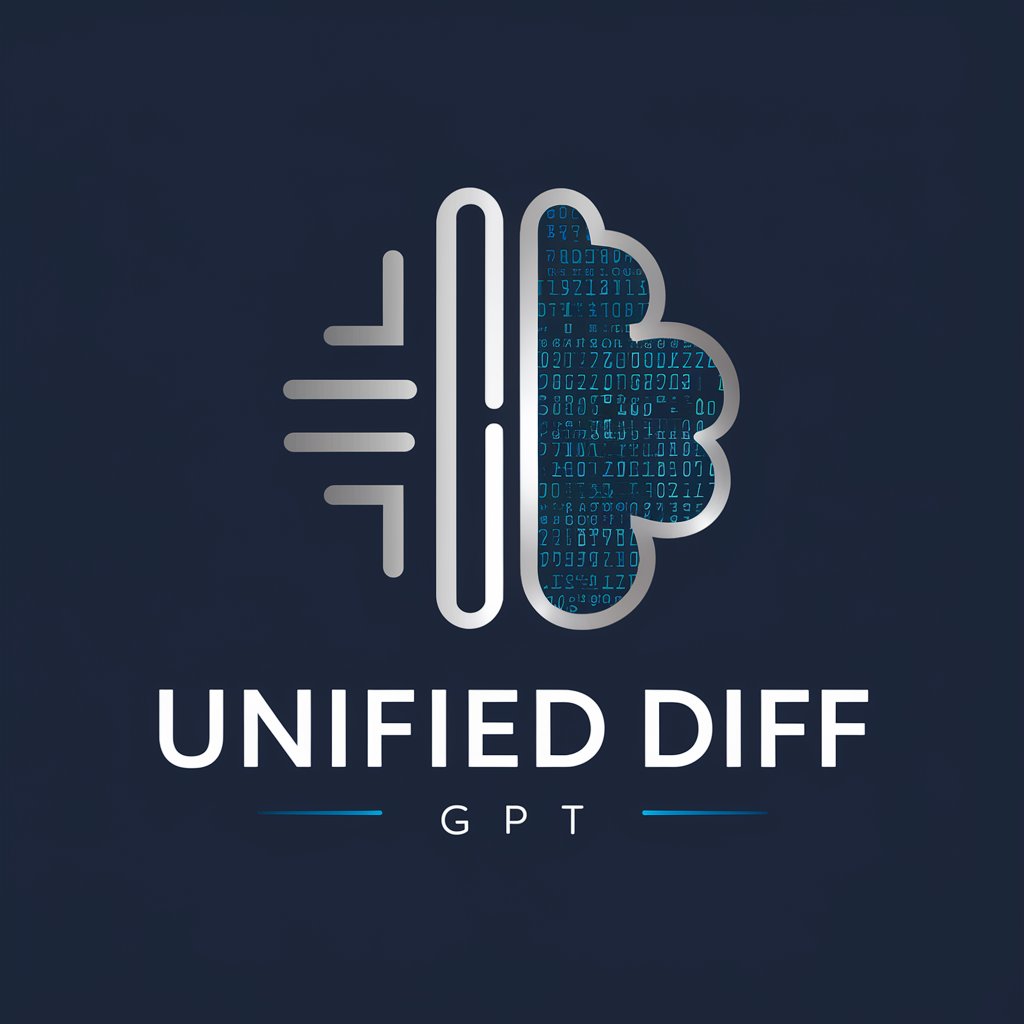
CAIDP Research Assistant Q&A
What makes CAIDP Research Assistant unique?
It specializes in AI policy, offering precise, informed responses tailored to the nuanced field of AI legislation, ethics, and governance.
Can CAIDP Research Assistant help with academic research?
Yes, it's designed to assist in academic writing, providing up-to-date information, policy analysis, and references in the field of AI policy.
Is CAIDP Research Assistant accessible for policy advocacy?
Absolutely, it can generate policy briefs, offer legislative insights, and support advocacy efforts by providing data-driven recommendations.
How does CAIDP Research Assistant stay updated?
It integrates current AI policy developments and research from a wide array of sources, ensuring the information is relevant and timely.
Can I use CAIDP Research Assistant for professional development?
Yes, it serves as a resource for professionals looking to deepen their understanding of AI policy landscapes, trends, and best practices.



